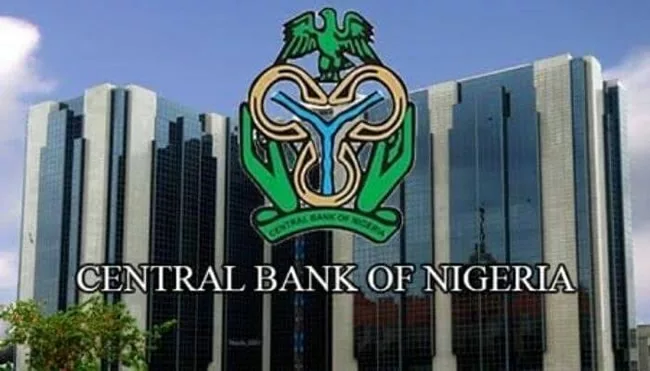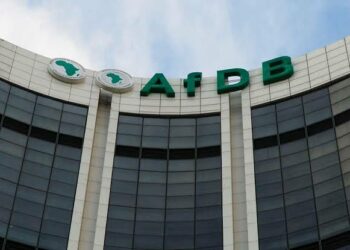The Central Bank of Nigeria (CBN) has increased the Monetary Policy Rate by 200 basis points to 24.75 per cent in a continued chase to tame inflationary pressures.
The Monetary Policy Committee (MPC) said to address Nigeria’s food crisis, the authorities have to deal with the issue of food insecurity and implement federal government’s agricultural intervention programmes.
Revealing the decision of the 296th meeting of the MPC on Tuesday in Abuja, CBN Governor, Olayemi Cardoso, said the committee also raised the Cash Reserve Ration (CRR) to +100 to -300 basis.
CBN increased the interest rate by 400 basis points, taking the interest rate benchmark to 22.75 per cent from 18.75 per cent, a major tightening measure to tame Nigerians high inflation currently at 30.70 per cent.





